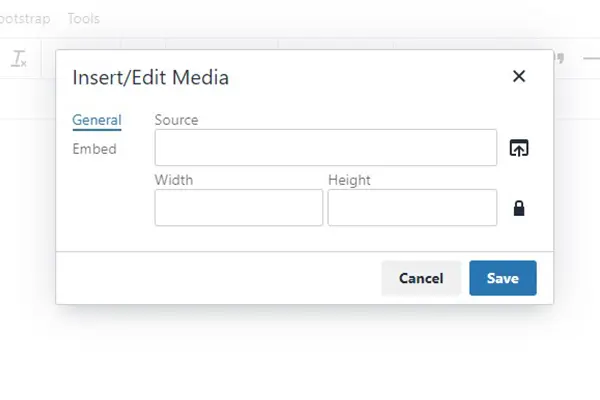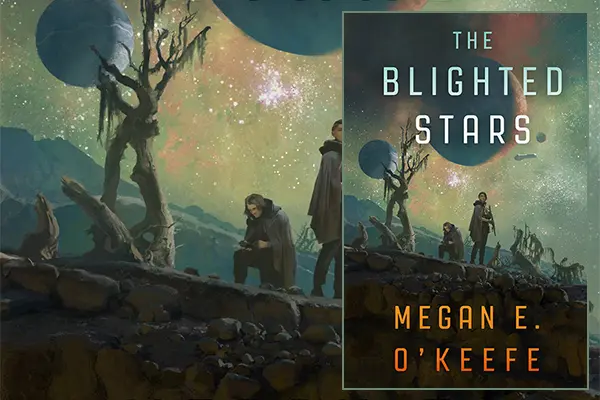Top 3 SEO Tools for Web Designers

Any web designer or writer of web articles knows that SEO is massively important. That's why there are so many SEO tools available. The considerable overlap between SEO tools means it can be tricky to figure out which is the best to use. So to simplify things, I've selected my top three SEO tools that you can simply integrate with your design flow and, most importantly, not cost you a fortune.
A good SEO strategy is essential, particularly with things like keyword rankings. But that's a whole article in itself. Before you get to that stage, where you're looking for your site to go to #1 in search results for every keyword term you or your client want to win, there are some far simpler ways you can go about your SEO plan. It's something that simply shouldn't be ignored. You or your client aren't shelling out money for hosting, a domain name and any web design services or time and not expecting results in return. Organic search traffic is, in my opinion, the start of your SEO journey. For that, you need some simple SEO tools and strategies to help you out.
So, here are my top three recommendations for the best SEO tools for web designers.
The Best WordPress SEO Tool: Yoast
This should come as no surprise to any WordPress user. It is so simple to use and really informative in a lot of ways. There's a load of useful features to take advantage of on the free version that makes this more than worthwhile.
It can be used as a site audit tool to track insights on how well or poorly a website has done in terms of SEO and give suggestions on how to improve.
There is also basic keyword research and recommendations built-in, making it especially helpful in earlier planning stages. However, Yoast doesn't help with keyword planning or backlink tracking. But that's what I mentioned earlier - we're looking at the SEO stage before that aspect.
Where Yoast excels is with articles or specific pages. I use it myself over at Controller Nerds, where I review games and hardware.

There are two main tabs for Yoast on an article page. SEO Analysis and Readability.
The SEO Analysis allows you to assign a focus keyword, title tag, and meta description to each post or page. You can preview your Google search snippet on desktop and mobile and see how well your page is optimised around your keyword, along with other SEO factors like text length, image alt attributes, internal links, and so on.
Readability provides you with some valuable tips like page heading distribution, paragraph length, etc. The only downside is that it assumes your readers aren't that smart, complaining about long sentence length and whether the article is in a passive voice. For the most part, though, it's a useful feature.
On the admin side, there's a load of features, too - sitemaps, your search appearance in search engines, taxonomies, and so much more.
Seobility SEO Checker
Seobility's SEO Checker is a fantastic free tool to use. There's even an Android and iPhone app for easily checking an article wherever you are. But what does it do?
The SEO Checker analyses a web page and gives you tips on optimising your site for long-term success in search engine optimisation! You can sign up for a free account and automatically scan up to 1,000 pages which is a considerable amount. But it's also super handy on a page-by-page basis.
The level of detail you can gain about a particular page is useful information, particularly if you have to present what needs to change to a client. Even if you only use it on a page-by-page basis, it's an incredibly useful tool to highlight what is done right and where improvements need to be made. Being able to export the full-page report to a PDF is a massive bonus, especially when it comes to reporting on what needs to be done.
Using this with Comic Book News UK almost doubled site traffic once I'd gotten the overall score over 90%. There's still more to do, but the site has sustained that traffic increase for more than a year.

Google Analytics - Search Console
If you're working with websites, then you're likely already using Google Analytics to review key website metrics. It's an essential tool for many reasons, and with Google still being the number one search engine, Google Analytics will continue to be an important tool.
But, there's a feature tucked away in the menu that will be more useful to your site than just seeing how many visitors your site has had - Search Console. And the metrics can be added to your Google Analytics dashboard, which I highly recommend. In fact, creating a custom dashboard is a must.
Anyway, with Search Console, you can find out landing page traffic and performance, geo-specific data (if you're targeting local traffic), device-specific data and search queries.
It's far from perfect, even though it's Google reporting on Google data, but it gives you a good insight into your search optimisation strategy. It's an excellent place to go when you want to troubleshoot why your hard work isn't paying off, and you might also learn that you're getting a good amount of traffic from an unsuspecting search query that you could exploit further.








